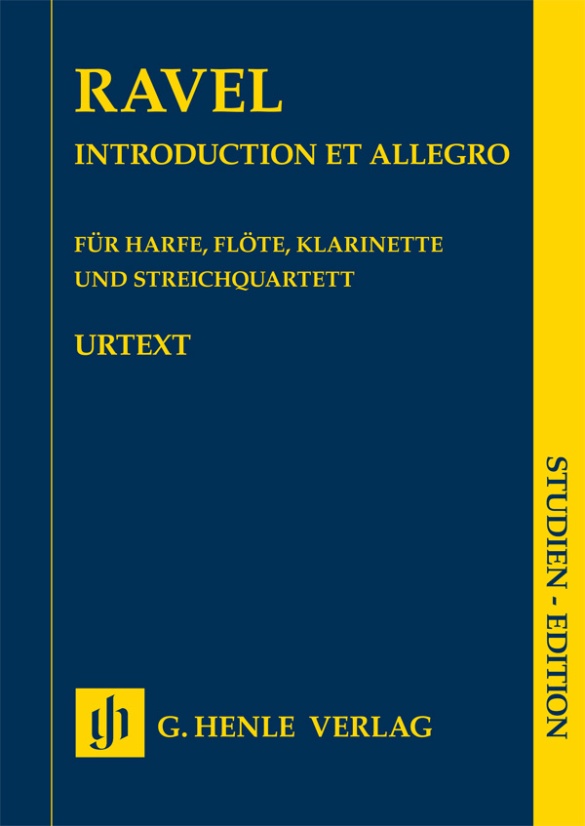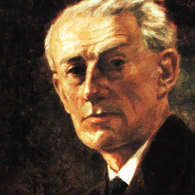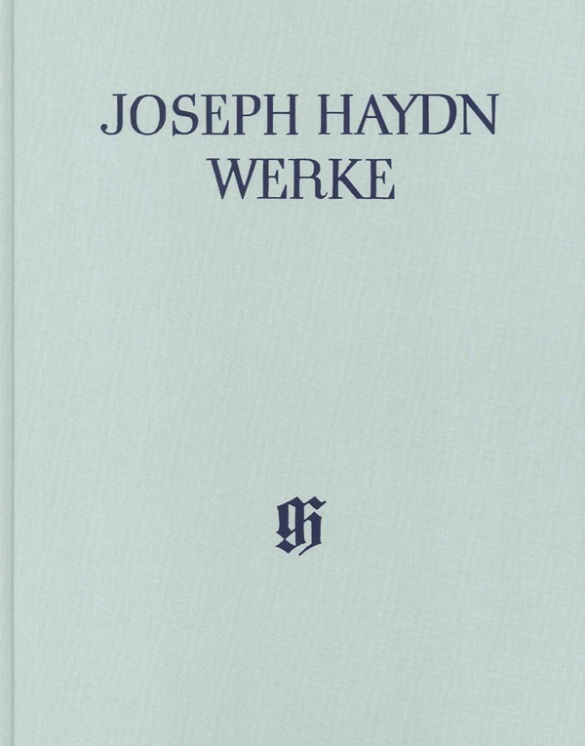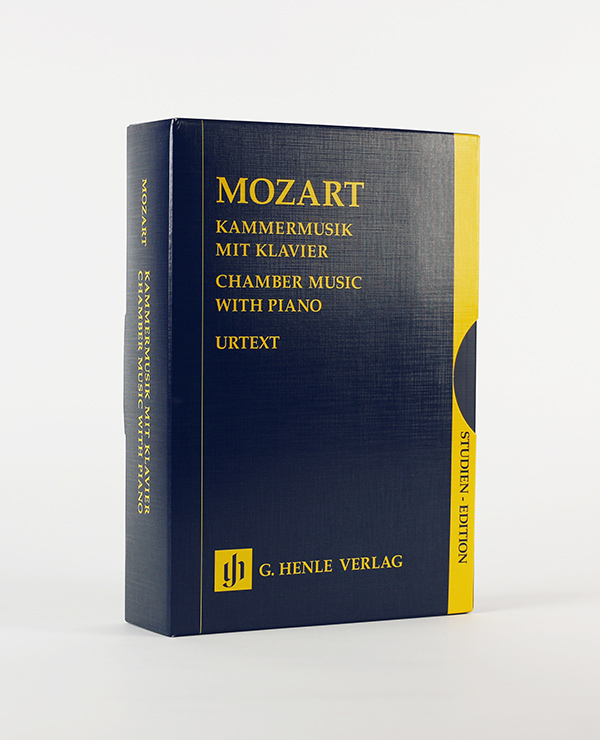

Maurice Ravel
Introduction et Allegro for Harp, Flute, Clarinet and String Quartet
In June 1905, Ravel told a friend shortly before setting off on a long holiday: “I was terribly busy because of a piece for harp commissioned by the Érard company. I was able to finish it after a fashion, thanks to 8 days of dogged work and three sleepless nights”. But the piece itself shows nothing of the haste in which it was written. In fact, it seems as if Ravel knew how to explore all the musical possibilities of the harp in this brief, but highly striking piece. This septet with its unusual combination of instruments is a further enrichment of Henle’s Urtext editions of Ravel’s chamber music.
Content/Details
About the Composer

Maurice Ravel
Together with Satie and Debussy, Ravel numbers among the innovators who had a falling out with academic education and created their own avant-garde tonal languages – inspired, in Ravel’s case, by Russian and Spanish music, but also by exoticism – without abandoning tonality. This master of orchestration begins with piano works, which he orchestrates; songs with piano and piano compositions exist on an equal footing in orchestral versions.
| 1875 | Born in Ciboure on March 7; the family moves to Paris that same year. |
| 1882 | Lessons in piano, theory, and composition. |
| 1889 | Beginning of his studies at the Conservatoire de Paris, from which he will never graduate.around 1893 Influence of Chabrier and Satie. |
| 1901 | “Jeux d’eau” for piano, in a new “Impressionist” tonal language, as is “Miroirs” (1904–05). |
| 1903 | “Shéhérazade” for voice and piano/orchestral accompaniment with orientalist tonal elements. |
| 1905 | Scandal surrounding Ravel’s third application for the Prix de Rome. |
| 1907 | Premiere of the “Histoires naturelles” after Jules Renard provokes astonishment in audiences and critics. |
| 1907–08 | Rhapsodie espagnole for orchestra. |
| 1908/10 | “Ma mère l’oye” (“Mother Goose”) for piano, four-hands, as a ballet in 1911. |
| 1911 | Premiere in Paris of his opera “L’Heure espagnole.” |
| 1911/12 | “Valses nobles et sentimentales” for piano/orchestra. Premiere of the ballet “Daphnis et Chloé” in 1912. |
| 1914/19 | “Le tombeau de Couperin” for piano/orchestra anticipates the coming neoclassicism. |
| from 1920 | Many concert tours through Europe and the United States. |
| 1925 | Premiere of his opera “L’Enfant et les sortilèges.” |
| 1928 | Conferral of an honorary doctorate from Oxford University. “Bolero” for orchestra. |
| 1929–31 | Piano Concerto in G major with elements of jazz. |
| 1937 | Death in Paris on December 28. |
About the Authors

Peter Jost (Editor)
Dr. Peter Jost, born in 1960 in Diefflen/Saar, read musicology, German and comparative studies at Saarland University in Saarbrücken. He did his PhD in 1988 with a thesis on Robert Schumann’s Waldszenen.
From November 1991 to April 2009 he was a research associate at the Richard Wagner Complete Edition in Munich, and since May 2009 has been an editor at G. Henle Publishers. His Urtext editions comprise predominantly French music of the 19th and 20th centuries, including works by Lalo, Saint-Saëns and Ravel.
Product Safety Informations (GPSR)

G. Henle Verlag
Here you can find the information about the manufacturer of the product.G. Henle Verlag e.K.
Forstenrieder Allee 122
81476 München
Germany
info@henle.de
www.henle.com
Unter Ravels nicht gerade üppiger Kammermusik, neben Streichquartett, Klaviertrio und einigen Sonaten, hatte und hat diese singuläre Komposition (Spieldauer 13 Minuten) trotz oder wegen ihrer auffälligen Besetzung nicht die bevorzugte Aufmerksamkeit erfahren. Umso beachtenswerter erscheint deshalb die kürzlich erschienene, vorzüglich ausgezeichnete Neu- und Urtextausgabe. Deren Quellen werden ausführlich beschrieben und durch eine mehrsprachige Legende der Vortragsbezeichnungen ergänzt.
Neue Musikzeitung, 2018Obwohl die Taktaufteilung und das Format der Stimmen mit jenen der Erstausgabe vergleichbar ist, lassen sich die Noten im neuen Druck besser lesen, da sie größer gesetzt sind. Vor allem ist nun eine sehr schöne Ausgabe erschienen, auf die man sich wirklich verlassen kann.
SMZ, 2018recommendations
autogenerated_cross_selling



